Category Archives: Chapter 13
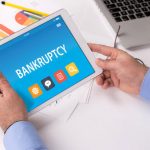
Converting a Chapter 13 Bankruptcy to a Chapter 7
A Chapter 13 bankruptcy offers some advantages over a Chapter 7, but it is not for everyone. As an example, you don’t need to hand over non-exempt property, such as your car or investment property, to the trustee in a Chapter 13. However, you do have to complete a repayment plan that can last… Read More »
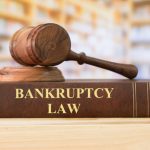
Can You Pay a Chapter 13 Plan Off Early?
The cornerstone of a Chapter 13 bankruptcy is the repayment plan. This plan lasts three to five years, and you pay off priority debts along with a portion of nonpriority debt (which is usually unsecured debt like credit cards). At the end of the repayment plan, any remaining unsecured debt gets wiped out and… Read More »

Can I File for Bankruptcy if I am Not Behind on Bills?
Every now and then we hear from someone with a very high credit score and no collection accounts who nevertheless is under financial distress. This person wonders if they can file for bankruptcy to obtain peace of mind or whether they must wait until their accounts go into collections before filing. This is an… Read More »

Will You Lose Your Jewelry in Bankruptcy?
Bankruptcy protection is usually a good deal for most indebted consumers. Filing will immediately halt all collection efforts, such as creditor lawsuits and repossessions. Also, you can typically discharge (wipe out) unsecured debts like credit card debts and medical debt entirely. However, bankruptcy does come with some downsides. One concern we hear from consumers… Read More »

Why Do People Fail to Complete a Chapter 13 Bankruptcy?
Chapter 13 has proven itself to be an attractive alternative to Chapter 7 liquidation. With a Chapter 13 bankruptcy, consumers can retain all of their non-exempt property while using disposable income to pay off a portion of their unsecured debt over the course of a few years. At the end of the repayment period,… Read More »

Should You Surrender Collateral in a Chapter 13 Bankruptcy?
One reason people choose a Chapter 13 bankruptcy over a Chapter 7 is that they do not want to lose property. In a Chapter 7, the trustee can sometimes sell property and distribute the proceeds to unsecured creditors. As a result, you might lose your car, boat, or other property. But what happens if… Read More »
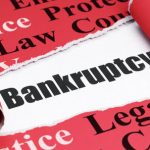
Mandatory Bankruptcy Counseling and Education: What is It?
Before debtors can successfully receive a discharge, they must pass mandatory credit counseling. The bankruptcy code requires two courses: credit counseling before you file and a debtor education course before receiving your discharge. Read on for more information about what to expect during these sessions. Credit Counseling Debtors must meet with a nonprofit credit… Read More »
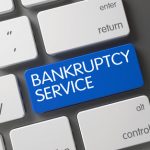
Consumer Defaults Continue to Climb in 2018
According to a new report, default rates for bank cards have surged to their highest level since 2012. Despite the robust jobs market in the United States, many consumers remain overextended, unable to make even the minimum payment on their debts. If this describes your situation, consider bankruptcy as an option for clearing out… Read More »
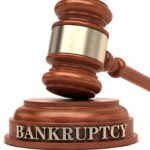
Modifying a Chapter 13 Repayment Plan
Despite your best planning, sometimes life throws you a curveball. You might suddenly become ill, lose a job, or have your hours reduced. For most Americans, any unexpected drop in income can wreak havoc on their lives. But those with a Chapter 13 bankruptcy have another problem—you might not be able to continue making… Read More »

Can Bankruptcy Help with Federal Tax Debts?
Of all the debts people owe, federal tax debts are some of the most worrisome. Uncle Sam insists on being paid. The federal government has shown little hesitancy placing liens on people’s properties and garnishing their wages. Could a bankruptcy help? Generally, you cannot get rid of federal tax debts in bankruptcy, but a… Read More »
